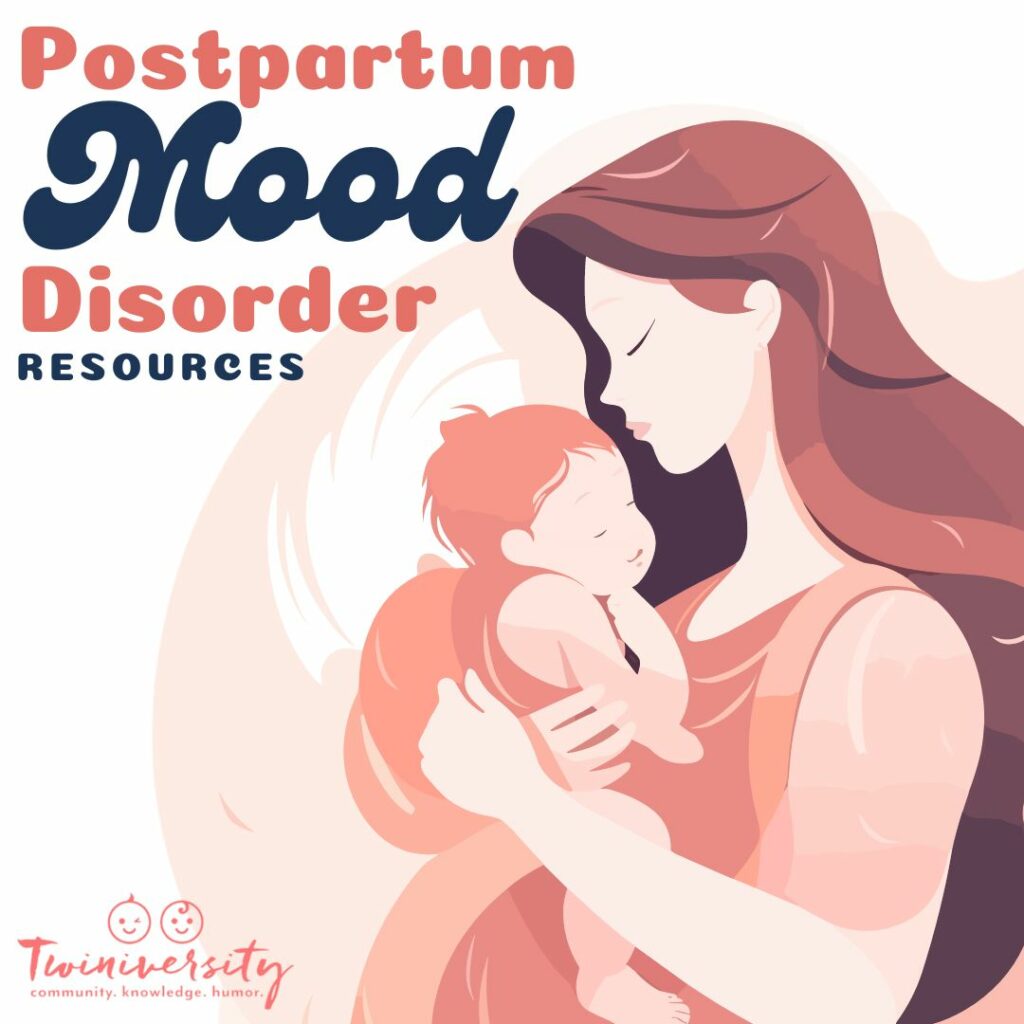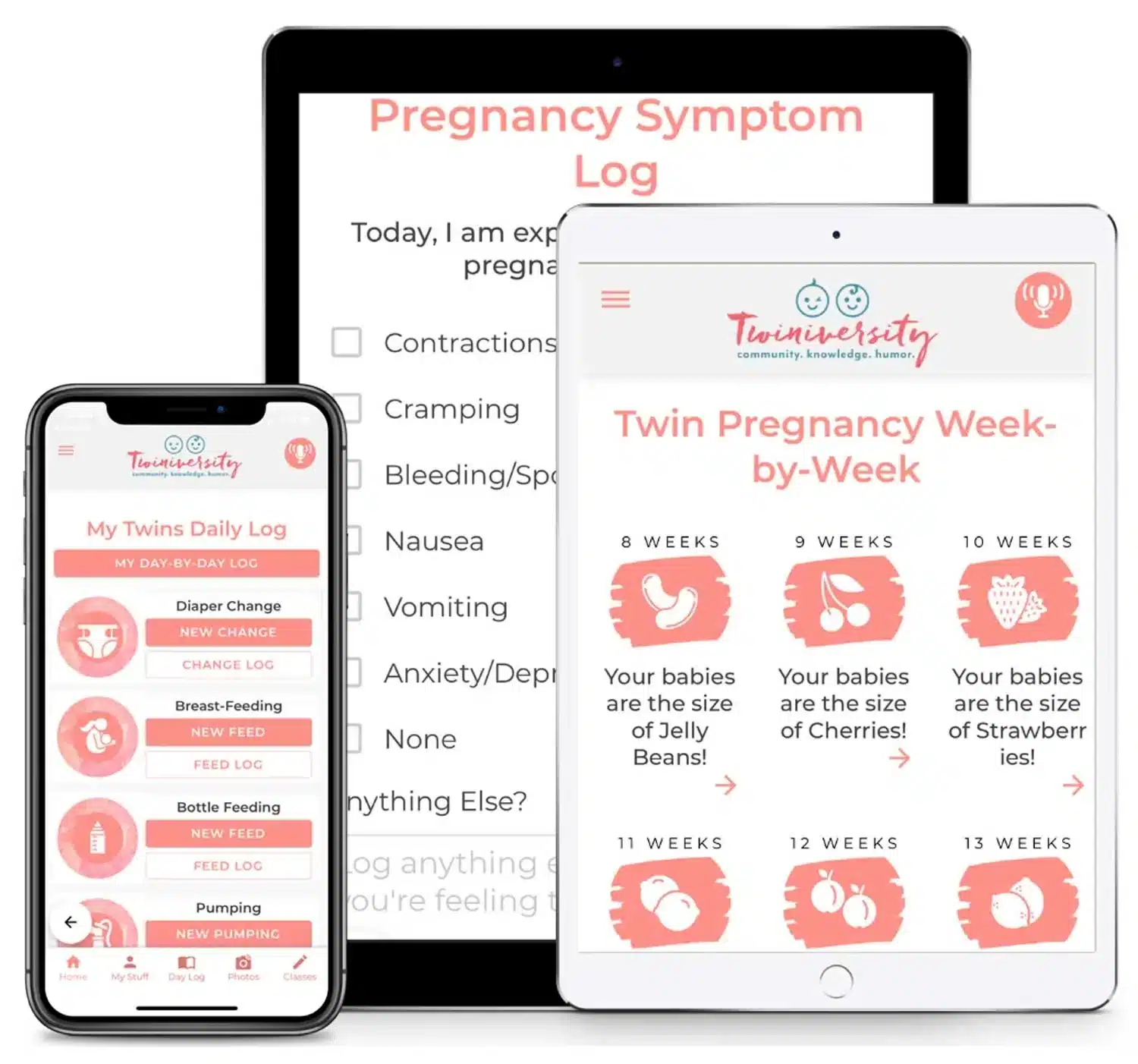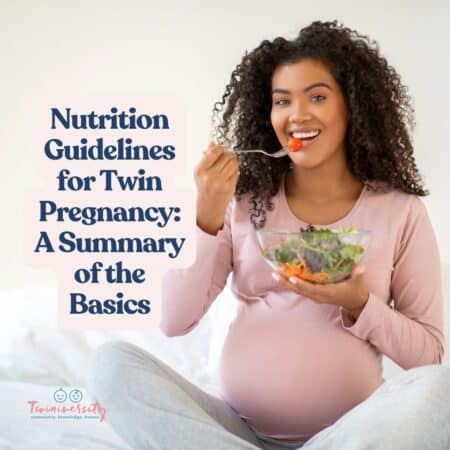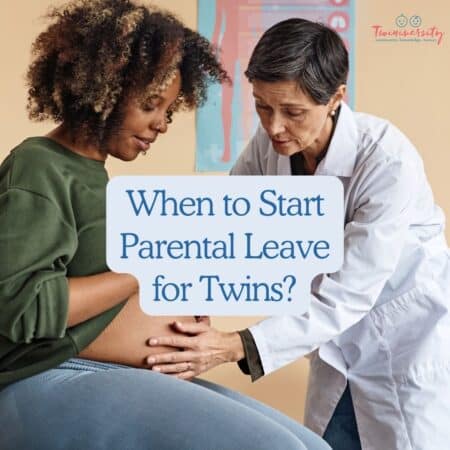We have been led to believe that the birth of our children should be the happiest day of our lives. What if it’s not? Sometimes, you are overcome with joy, and sometimes it’s fear and anxiety. The best thing for postpartum sadness is to talk to someone and seek help. It’s amazing how talking to others who understand what you going through can help.
The Baby Blues
Most new moms experience the “baby blues” after birth. Baby blues are feelings of sadness that you may have in the first few days after having a baby. According to the March Of Dimes, up to 80 percent (4 in 5 new parents) experience baby blues. They can last up to 2 weeks and usually go away on their own. If your sad feelings increase and last longer than 2 weeks, you will want to speak with your physician.
The most important things to know about postpartum mood disorders are that they are highly treatable and not something a new mother needs to feel ashamed about.
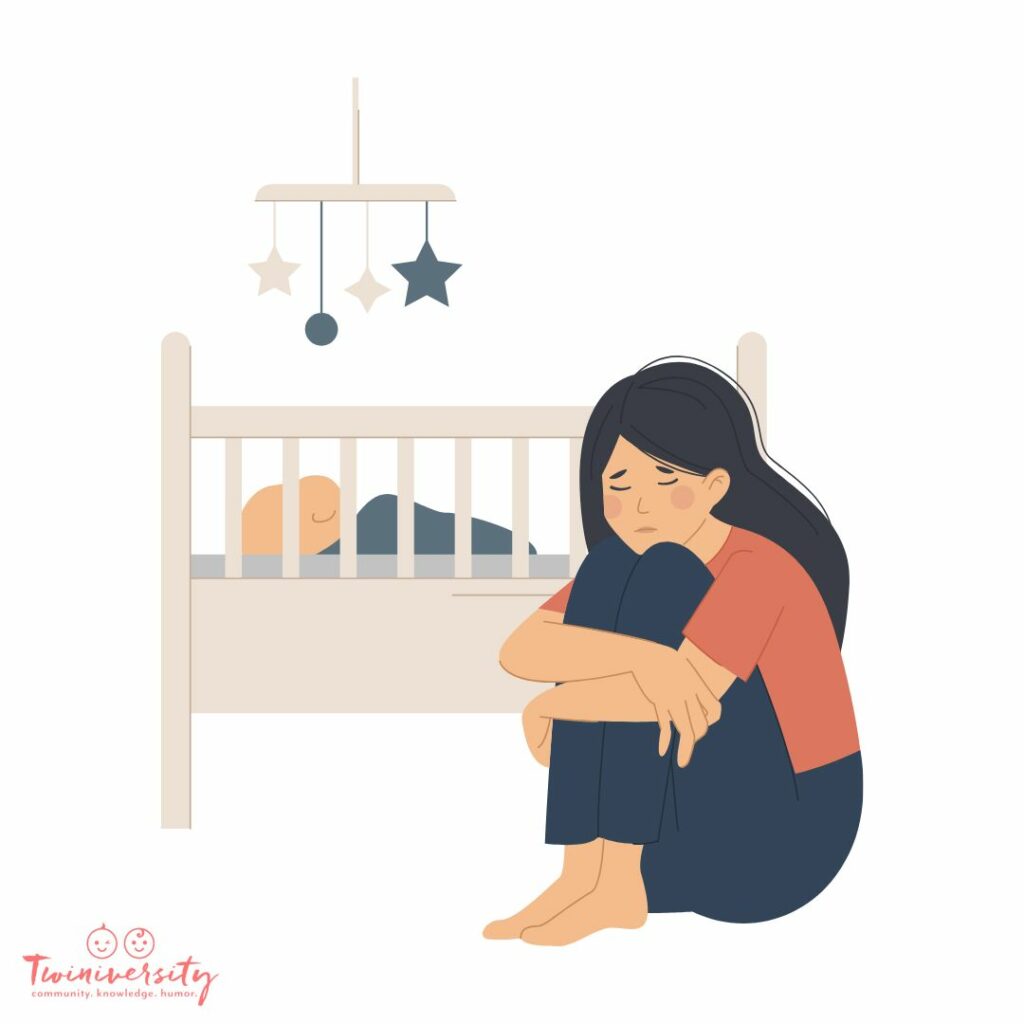
Postpartum Depression (PPD) Symptoms
If your sadness is severe and lasts longer than 2 weeks, you may be experiencing a postpartum mood disorder such as postpartum depression. Recognizing the signs of postpartum depression is the first step in getting help.
The signs and symptoms of postpartum depression include:
- Depressed mood or severe mood swings
- Crying too much
- Difficulty bonding with your baby
- Withdrawing from family and friends
- Loss of appetite or eating much more than usual
- Inability to sleep, called insomnia, or sleeping too much
- Overwhelming tiredness or loss of energy
- Less interest and pleasure in activities you used to enjoy
- Irritability and anger
- Hopelessness
- Feelings of worthlessness, shame, guilt, or inadequacy
- Reduced ability to think clearly, concentrate or make decisions
- Restlessness
- Anxiety and panic attacks
- Intrusive thoughts (which may include thoughts of harming the baby)
Women who have had anxiety or depression before giving birth are at higher risk of developing a postpartum mood disorder.
Postpartum depression is not a character flaw or a weakness. Do not feel ashamed. As stated by the March of Dimes, PPD is the most common complication for women who have just had a baby, affecting about 15 percent or 1 in 7 women.
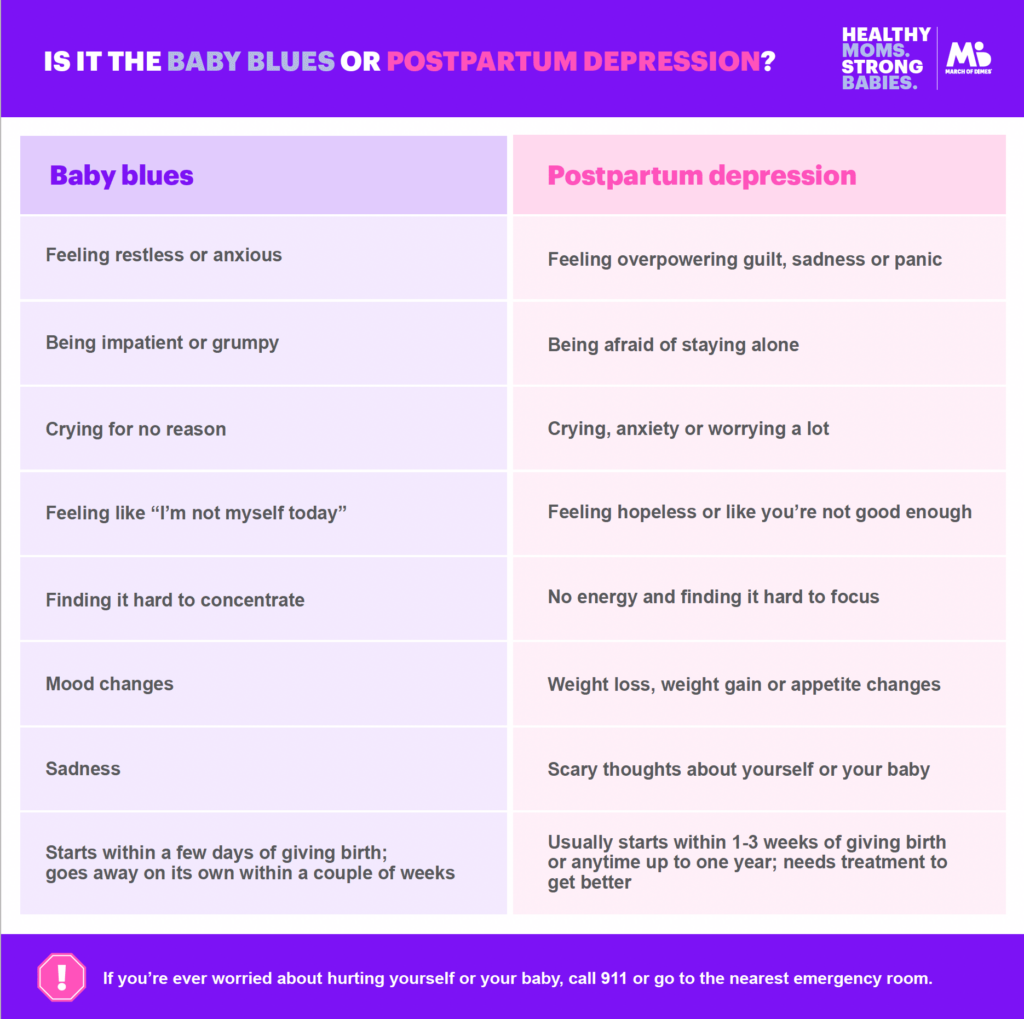
It is important to seek help if you think you have postpartum depression. Talk to your doctor or midwife, or call a mental health professional. You can also find support groups for mothers with postpartum depression. These groups provide a safe place to talk about your feelings and get advice from other women who understand what you’re going through.
Postpartum Resources
Postpartum Progress lists support groups in nearly every state, as well as in Canada. They also maintain an online forum if you can’t get to an in-person support group.
Depression and Bipolar Support Alliance (DBSA) has listings for in-person or online groups.
The Anxiety and Depression Association of America (ADAA) also has a state-by-state list of support groups.
Postpartum Support International
For those with postpartum depression without insurance
Postpartum Progress is a great resource for how to get postpartum help if you don’t have insurance. If this is a situation you’re in, visit their page to see if there are any resources that can help you.

